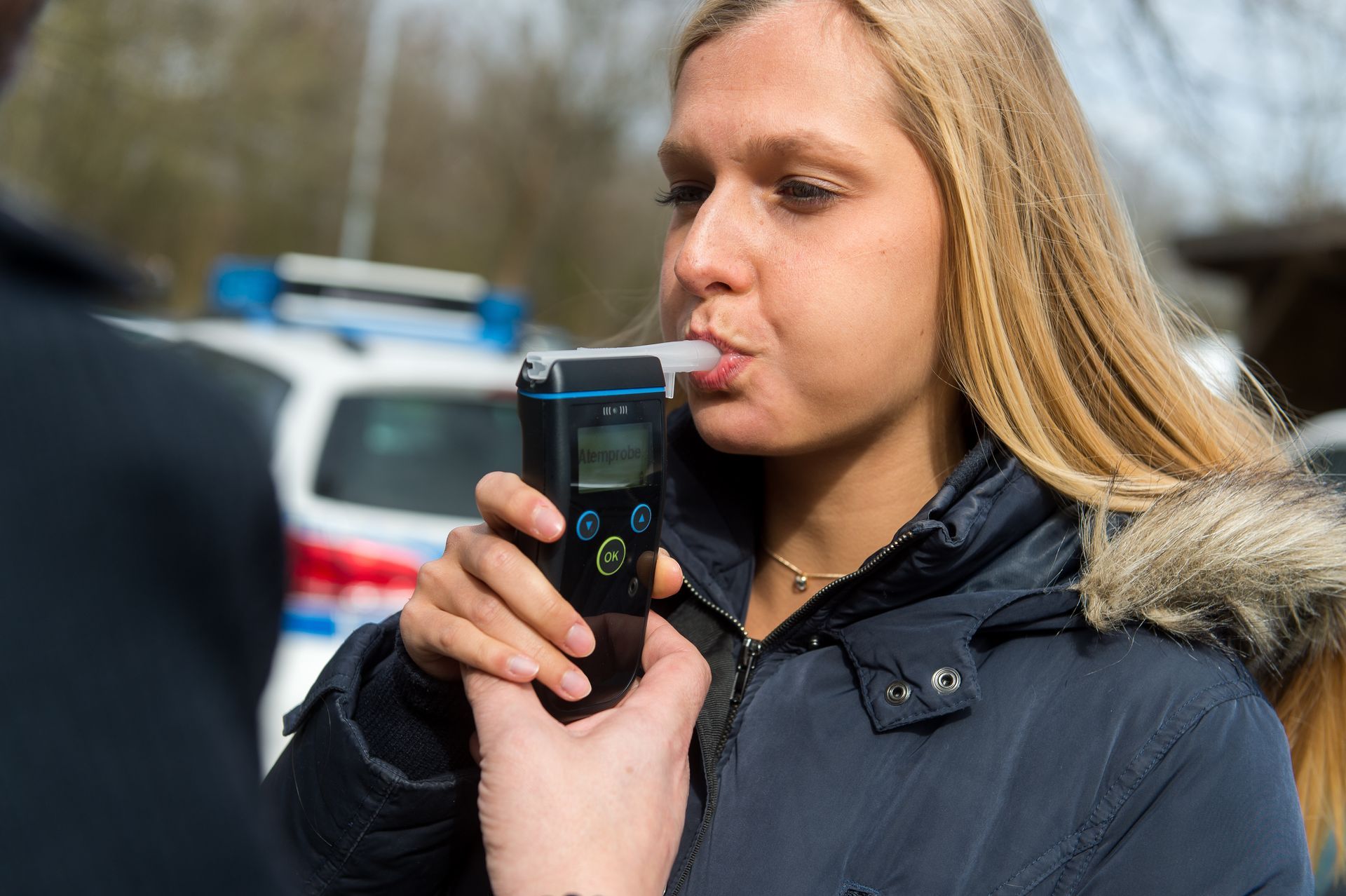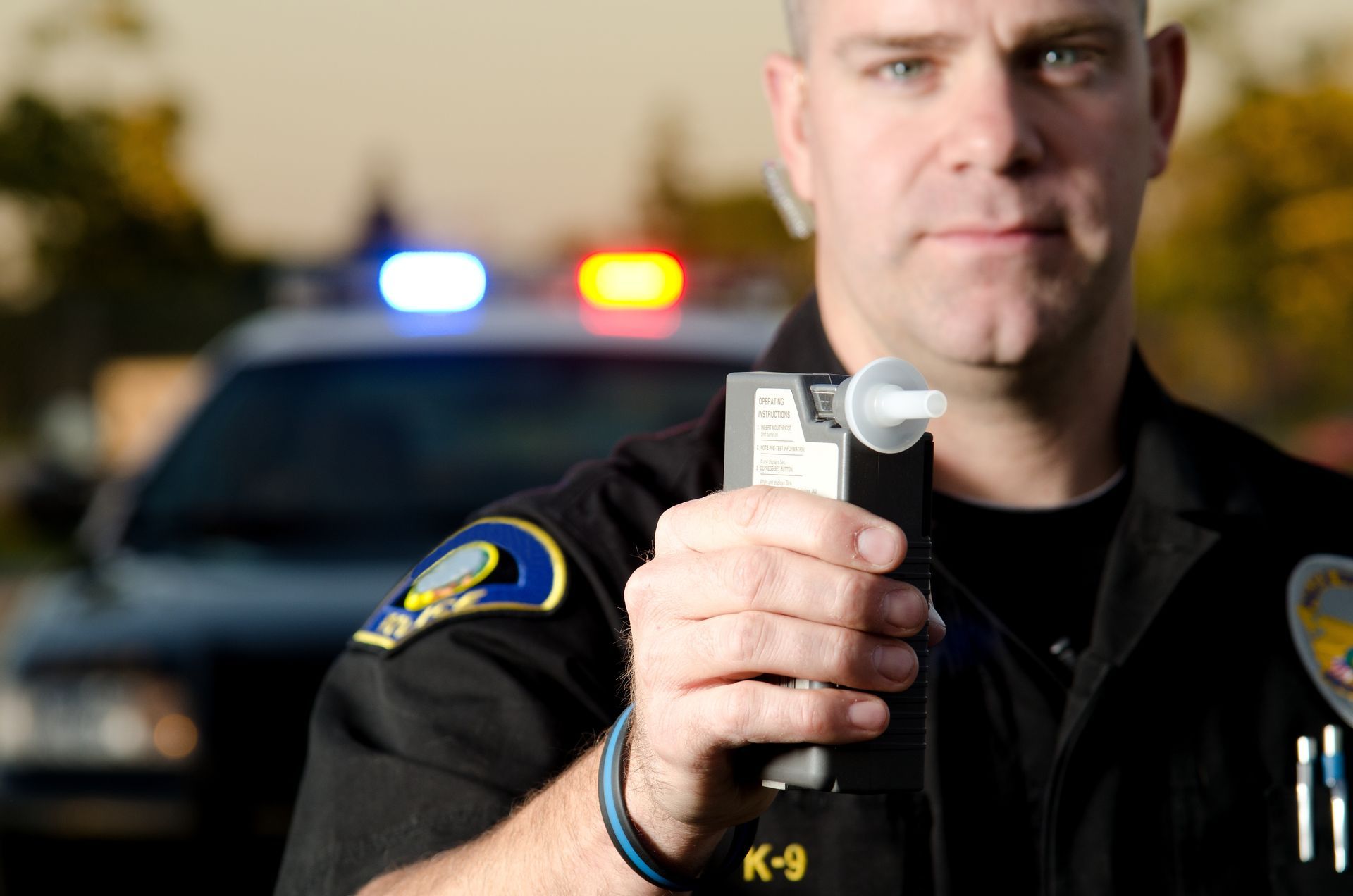Recent Changes to Arizona DUI Law and How They Affect DUI Strategy

Laws in Arizona are far from static, and there are frequent legislative changes that influence the letter of the law as well as the way in which laws are interpreted by courts, prosecutors and defense attorneys. There have been many notable changes to Arizona law in just the past five years that have influenced the way in which DUIs and other misdemeanors and felonies are prosecuted, as well as the sentencing and consequences defendants face.
House Bill 2673 in 2023
House Bill 2673, enacted at the start of 2023, enhanced prosecutorial discretion, modified the way the MVD assesses points for infractions, and added protections for people arrested but not immediately charged with a DUI.
- Before the bill’s adoption, an
aggravated DUI conviction was considered a lifetime prior felony. Prosecutors could indefinitely use a past aggravated DUI conviction to enhance the penalties for any other felony conviction in the future. The new law limits the sentencing enhancements to only for future aggravated DUIs.
- Some Arizona prosecutors interpreted the old language to prohibit the dismissal or reduction of DUI charges, even in situations where they believed evidence was insufficient to convict. The new bill granted enhanced latitude for negotiating plea deals and reducing DUI charges to lesser offenses, like reckless driving.
- Prior to the bill, the MVD could assign points to cited individuals for multiple violations during a single stop, as in separate points for DUI and speeding. This led to extremely high point totals for people pulled over for alleged DUIs. The new law stipulates that only a set number of points can be assessed per stop.
- If someone was pulled over for a DUI but not charged, he or she could still face consequences from the MVD. The new law allows DUI-related MVD entries to be removed from a person’s record if charges are not filed within one year.
- The legislation granted Arizona judges greater discretion in DUI sentencing. Judges now can consider an individual’s circumstances when tailoring penalties.
Expungement Law
The expungement law that went into effect on January 1, 2023, affects many different types of convictions, including DUIs. Previously, past convictions could be “set aside” but not sealed. The new law allows convictions to be formally expunged if the person petitioning for expungement meets the necessary conditions.
Did the Recreational Marijuana Law Influence DUI Prosecution?
Not as much as some people may assume. Michale Alarid III actually played a key role in shaping Arizona’s marijuana DUI precedent in a case he argued before the Arizona Supreme Court back in 2014, six years before recreational marijuana was legalized.
That case, State ex rel. Montgomery v. Harris, centered on the question of whether the presence of Carboxy-THC, a non-impairing marijuana metabolite, could be the basis of a DUI conviction. The metabolite can linger in the body for up to a month after smoking or ingesting marijuana, long after the effects of marijuana have worn off.
If the presence of those metabolites could be used as a basis for DUI prosecution, it would mean that even infrequent marijuana users could potentially be charged with a DUI at any time, even if they hadn’t smoked or ingested marijuana for weeks prior to their stop.
Michael Alarid III successfully argued that the mere presence of the metabolite did not equate to impairment, and it would be unjust to charge and convict sober people who had, at some point in the last month, used marijuana. Since the decision, law enforcement and prosecutors must have some evidence of active, impairing THC use while operating a motor vehicle in order to bring charges.
This decision is still relevant even after the recreational marijuana law went into effect. Although it is legal to purchase and use marijuana without having a medical marijuana card, it is still illegal to drive while high. However, law enforcement and prosecutors must have compelling evidence to establish a person who was pulled over was actually impaired at the time of the stop. Simply having Carboxy-THC metabolites in their system does not constitute adequate proof.
Get DUI Defense From an Experienced Phoenix Attorney
If you’re a Phoenix resident seeking DUI defense from an experienced lawyer who helped set precedents that continue to protect DUI defendants in Arizona, contact the Law Office of Michael Alarid III. He is one of only two criminal defense attorneys in the state who is both Board-Certified through the National College for DUI Defense and an Arizona State Bar Board-Certified Specialist in Criminal Law. Call (602) 818-3110 for a free case evaluation.




